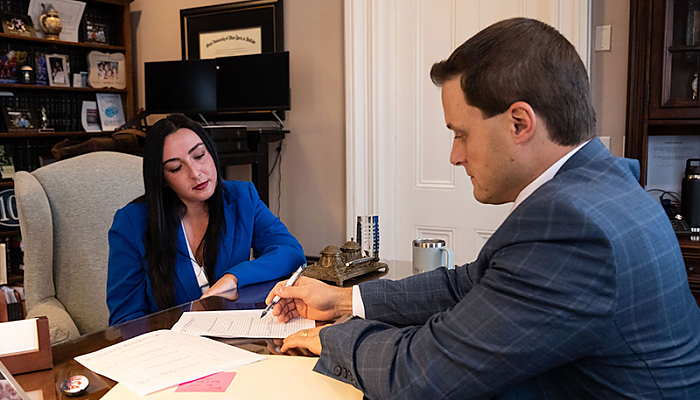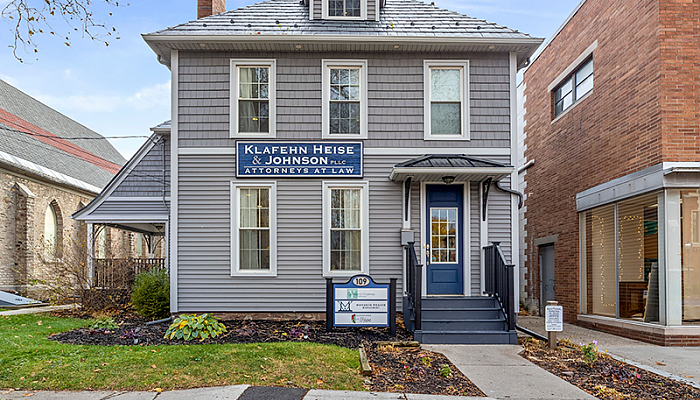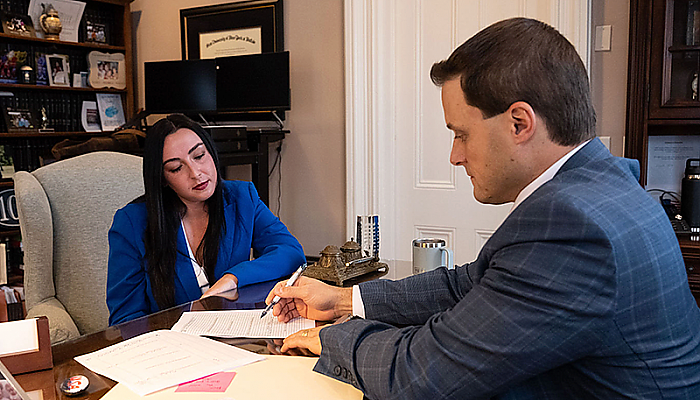When Should You Start Medicaid Planning in New York?

Planning for long-term care isn’t just a financial decision—it’s a legal one. If you or a loved one may need nursing home care in the future, Medicaid planning should be part of your estate and elder law strategy. But one of the most common questions we hear from families in Rochester, Brockport, and across Monroe County is:
“When should we start Medicaid planning?”
The short answer: as early as possible.
The longer answer depends on your health, your assets, and how much flexibility you want to retain.
At Klafehn, Heise & Johnson P.L.L.C., we help clients prepare for long-term care with legal strategies that protect what they’ve worked for. Here’s what you need to know about when—and why—to start Medicaid planning in New York.
Why Timing Matters in Medicaid Planning
The 5-Year Look-Back Period
One of the most important reasons to start Medicaid planning early is New York’s five-year look-back rule. When you apply for Medicaid to pay for nursing home care, the state reviews any gifts or transfers of assets made within the previous 60 months.
If assets were given away or transferred during this time, you may face a penalty period where you are ineligible for Medicaid—even if you no longer have the assets.
Starting early allows you to structure and protect assets well in advance, helping you qualify for Medicaid when the time comes, without delay.
Talk to an attorney today to learn how the look-back rule may affect your family’s planning.
Who Should Be Thinking About Medicaid Planning?
1. Individuals Over Age 60
If you’re nearing retirement, now is the right time to begin discussing long-term care and Medicaid eligibility. Even if you’re healthy today, planning early provides more flexibility in how you manage and protect your assets.
2. Families with Aging Parents
If your parents are getting older or starting to show signs of needing help with daily activities, now is the time to act. Waiting until a crisis hits can limit options and cause added stress.
3. Anyone Concerned About Nursing Home Costs
Long-term care in New York can exceed $150,000 per year, and Medicare does not cover extended nursing home stays. Without proper planning, many families are forced to spend down assets to qualify for Medicaid.
Medicaid planning is not just for the wealthy. It’s for anyone who wants to protect their home, savings, and family.
Get started with a consultation today.
What Are the Benefits of Starting Early?
Planning ahead for Medicaid offers several advantages:
-
Asset Protection – With time, more assets can be transferred or protected through legal tools like Medicaid Asset Protection Trusts.
-
Less Financial Stress – Early planning reduces the likelihood of having to pay out-of-pocket for long-term care.
-
More Control Over Your Choices – You’ll have more time to consider different types of care and housing options without being rushed into a decision.
-
Avoiding Penalties – Strategic planning now can help you avoid penalties later due to the five-year look-back.
-
Peace of Mind – You and your family can move forward knowing your future care needs are planned for.
Common Tools Used in Medicaid Planning
Every case is different, but some of the most common legal tools we use in Medicaid planning include:
-
Irrevocable Trusts – These protect your home and other assets while allowing you to remain eligible for Medicaid after the look-back period.
-
Powers of Attorney – Allows someone you trust to manage financial decisions if you become unable.
-
Healthcare Proxies – Ensures someone can make medical decisions on your behalf.
-
Gift Planning – Strategically gifting assets over time to family members, while managing Medicaid eligibility timelines.
-
Spend-Down Strategies – Legally spending assets in ways that benefit you and help qualify for Medicaid.
Need help choosing the right approach? Contact us now.
What If You Wait Too Long to Plan?
Waiting until you—or a loved one—is already in need of nursing home care limits your options. While it’s still typically possible to save some assets and qualify for Medicaid with emergency planning, it often involves more complicated strategies and can result in:
-
Delays in eligibility
-
Higher out-of-pocket expenses
-
Loss of control over your assets
-
Stress on caregivers and family members
Don’t wait until a health crisis forces your hand. Early planning means more choices, more protection, and more peace of mind.
Start Planning for Medicaid the Right Way
At Klafehn, Heise & Johnson P.L.L.C., we help individuals and families in Rochester, Brockport, and Monroe County protect their assets and prepare for long-term care with proven Medicaid planning strategies.
If you’re wondering when to start, the answer is now—and we’re here to guide you every step of the way.
Schedule a consultation today to start your Medicaid planning with confidence.
Legal Disclaimer:
This article provides general information about Medicaid planning and elder law in New York State and should not be considered legal advice. Every individual’s situation is unique. For personalized legal guidance, contact Klafehn, Heise & Johnson P.L.L.C. in Rochester, NY. You can reach us here. Portions of this article are considered ATTORNEY ADVERTISING under the New York State Unified Court System Rules of Professional Conduct (22 NYCRR Part 1200). Prior results do not guarantee a similar outcome.
‹ Back












